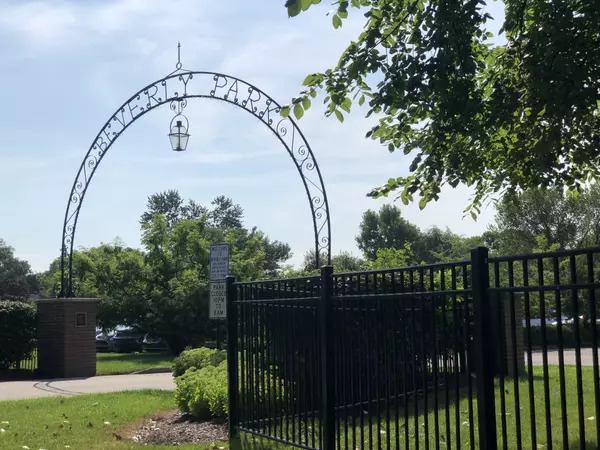

Beverly Hills 48025: The Gem of Metro Detroit
Welcome to Beverly Hills! Nestled in Oakland County, Beverly Hills, Michigan 48025, is a thriving community known for its picturesque landscapes, excellent schools, and vibrant local culture. As a highly sought-after area, Beverly Hills offers an ideal environment for families, professionals, and re
Read More

Bridge Loan: The Tool to Buy and Sell at the Same Time
In the world of real estate, timing is everything. Whether you're upgrading to a larger space, downsizing, or simply seeking a change of scenery, the transition between selling your current home and purchasing a new one can be fraught with financial and logistical challenges. In fact, buying a new h
Read More

Downsizing Myth: Smaller Home Means Cheaper Living
If you're considering selling your current home and downsizing into a smaller one, you might have heard the common misconception that a smaller house or condo automatically translates to a cheaper, budget-friendly lifestyle. But hold on – let's unravel the truth behind downsizing costs and make sur
Read More

3 Disadvantages of Condo Living
Condominiums have become a popular housing choice for many home buyers, especially for empty nesters, retirees or those homeowners looking to downsize. This is due to the convenience and amenities offered by condo living. However, like any housing option, condos come with their fair share of disadv
Read More
Categories
Recent Posts










